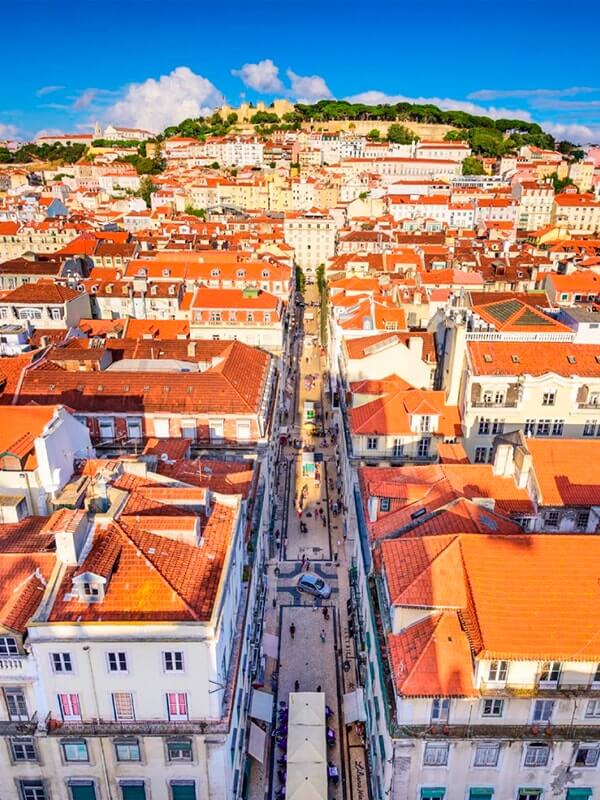
Construction of houses increased outside the center of Lisbon

This article is an abridged version of the original. To read the full article click here.
They call her a girl, but Lisbon does not stop growing. After making the leap to the east, the city of the seven hills is gaining space north. It is in Alto do Lumiar that the new houses of Lisbon are being born, with more than 700 apartments scheduled for the next years. (...)
Hugo Santos Ferreira, vice-president of the Portuguese Association of Promoters and Real Estate Investors (APPII), confirms that it is no longer only in the historical centers that foreigners are watching. "It has been common in recent months to register the interest of various real estate developers and investors, both nationals and even foreigners, for new locations, not just in prime areas." Give examples of hundreds of fires being built in Benfica, Telheiras or Lumiar. At APPII, which brings together the largest promoters, 30% of the members are now foreign: from the United States, the United Kingdom and the Middle East. Since the end of last year, and more specially this year, these investors, who came to recover Baixa, realized that the periphery also offered opportunities. (...)
The latest data by municipality published by the INE, from 2016, reveal that in that year was authorized the construction of 150 houses in Lisbon; in 2008, had been more than a thousand. In Porto, the market downturn in the last decade was similar. The number of licenses went from 814 to only 370. Confidencial Imobiliário made the accounts for housing licensing applications submitted in 2017. There were more than 3300, with 70% for new construction. Among the areas that attracted the most attention from investors are Santa Clara, Olivais and Marvila. (...)
Joaquim Montezuma points out "a rise in national demand, with the improvement of disposable income of families, employment growth, better financing conditions and reduced attractiveness of traditional savings instruments." The consultant of ImoEconometrics recalls that "the most effective way to make housing accessible in Lisbon and Porto is by increasing the supply". And at prices that the Portuguese can afford.
